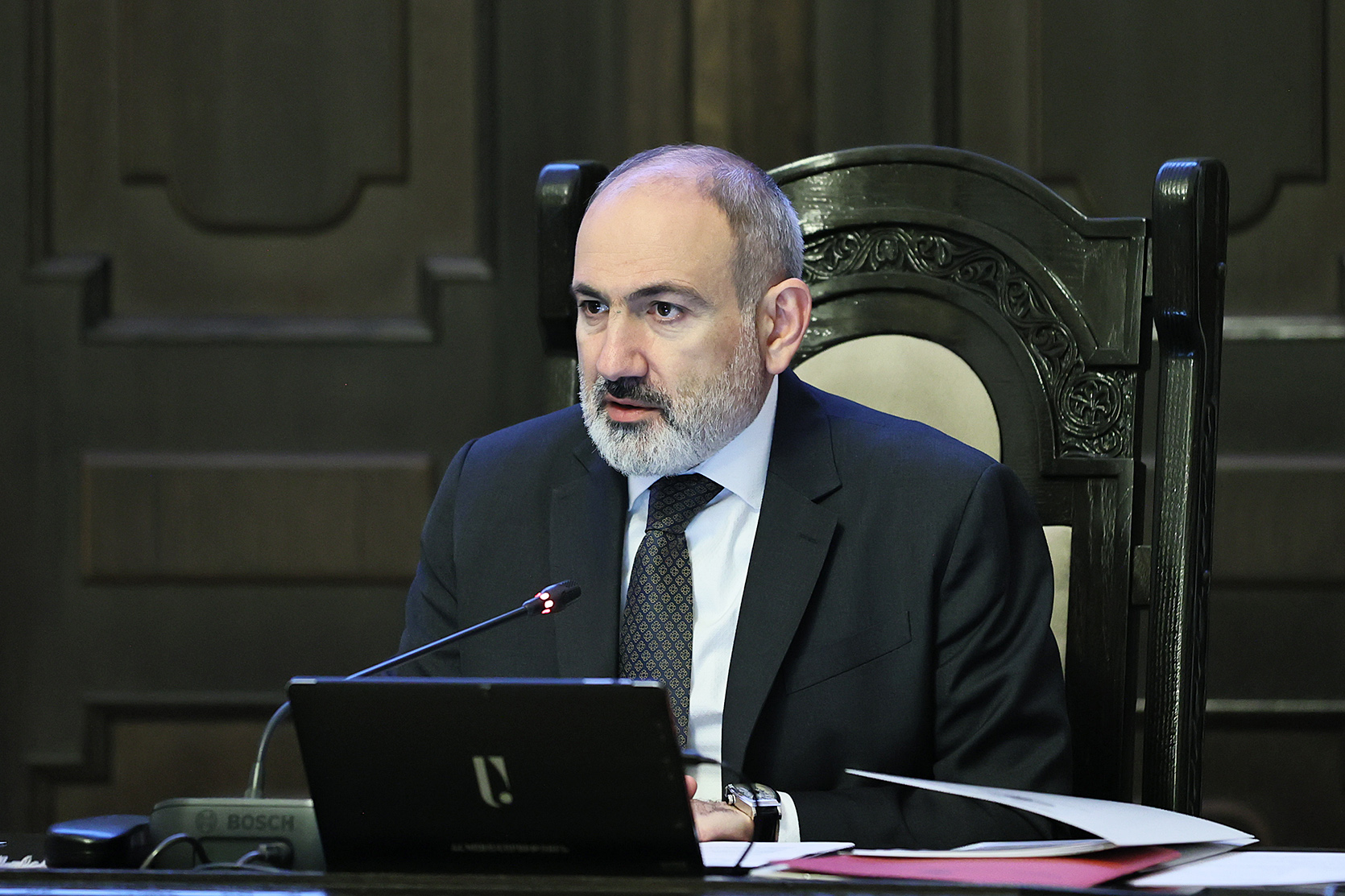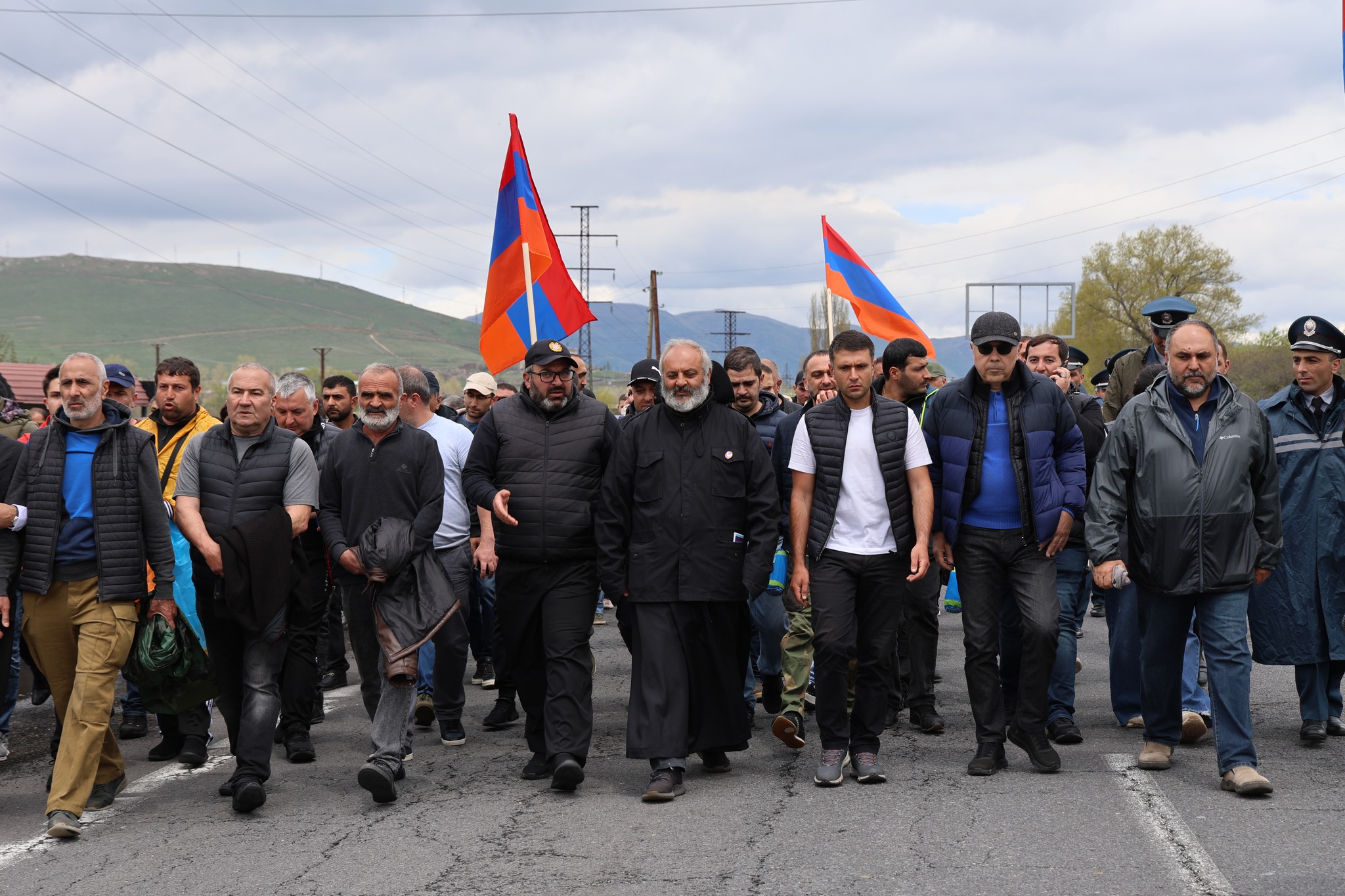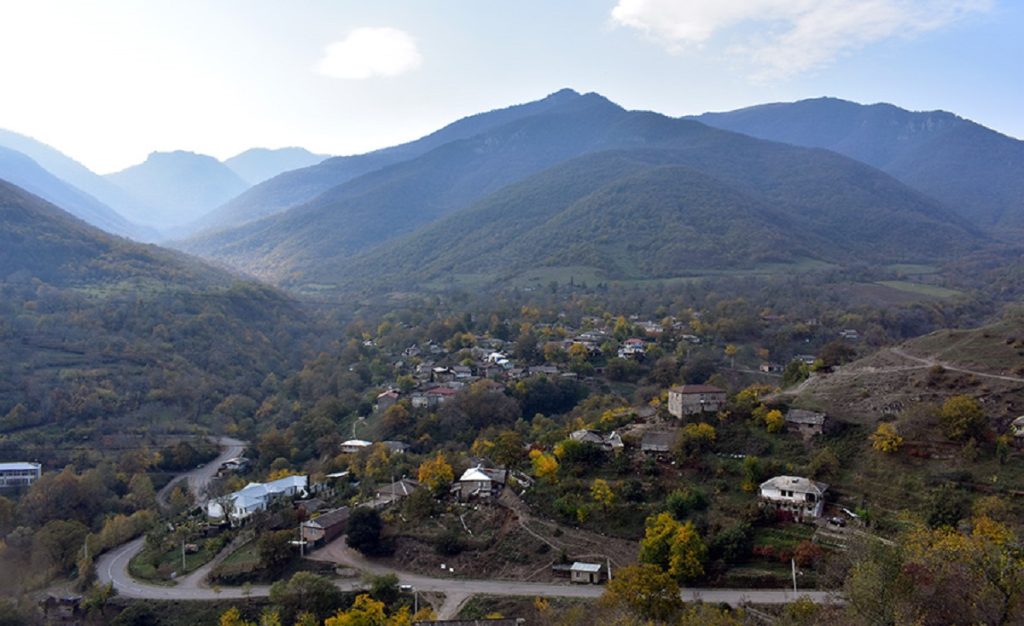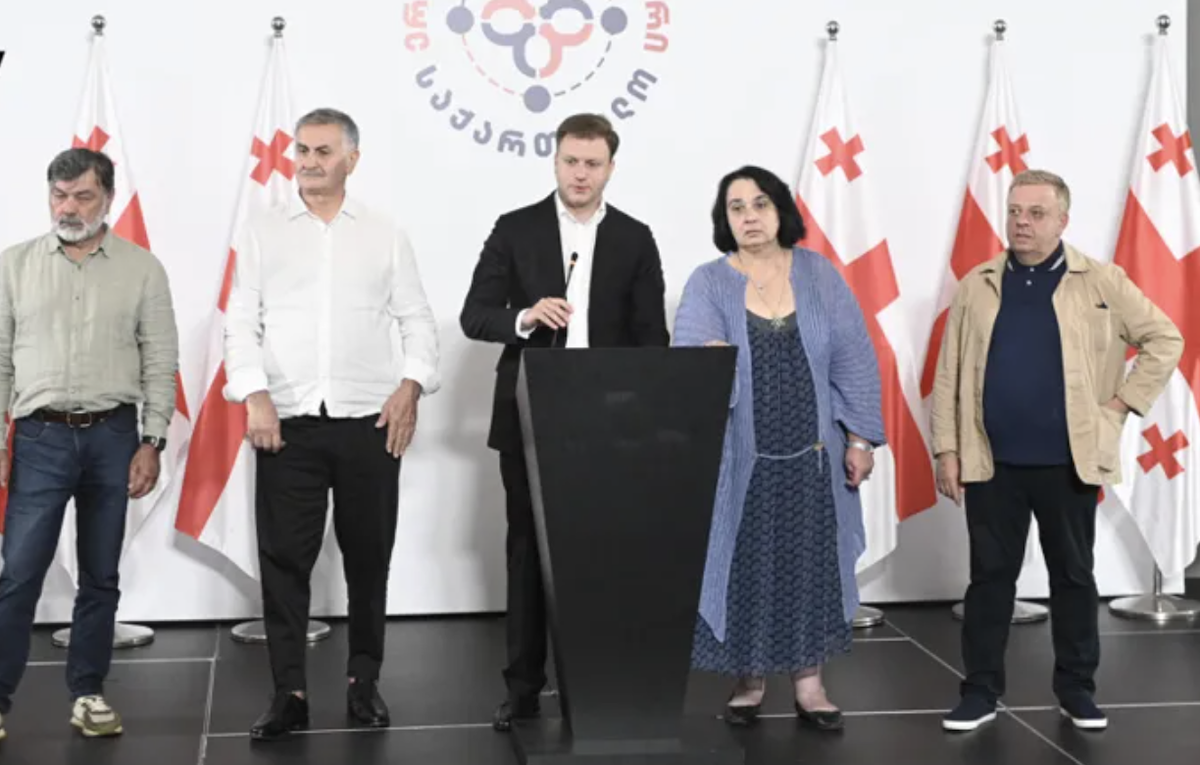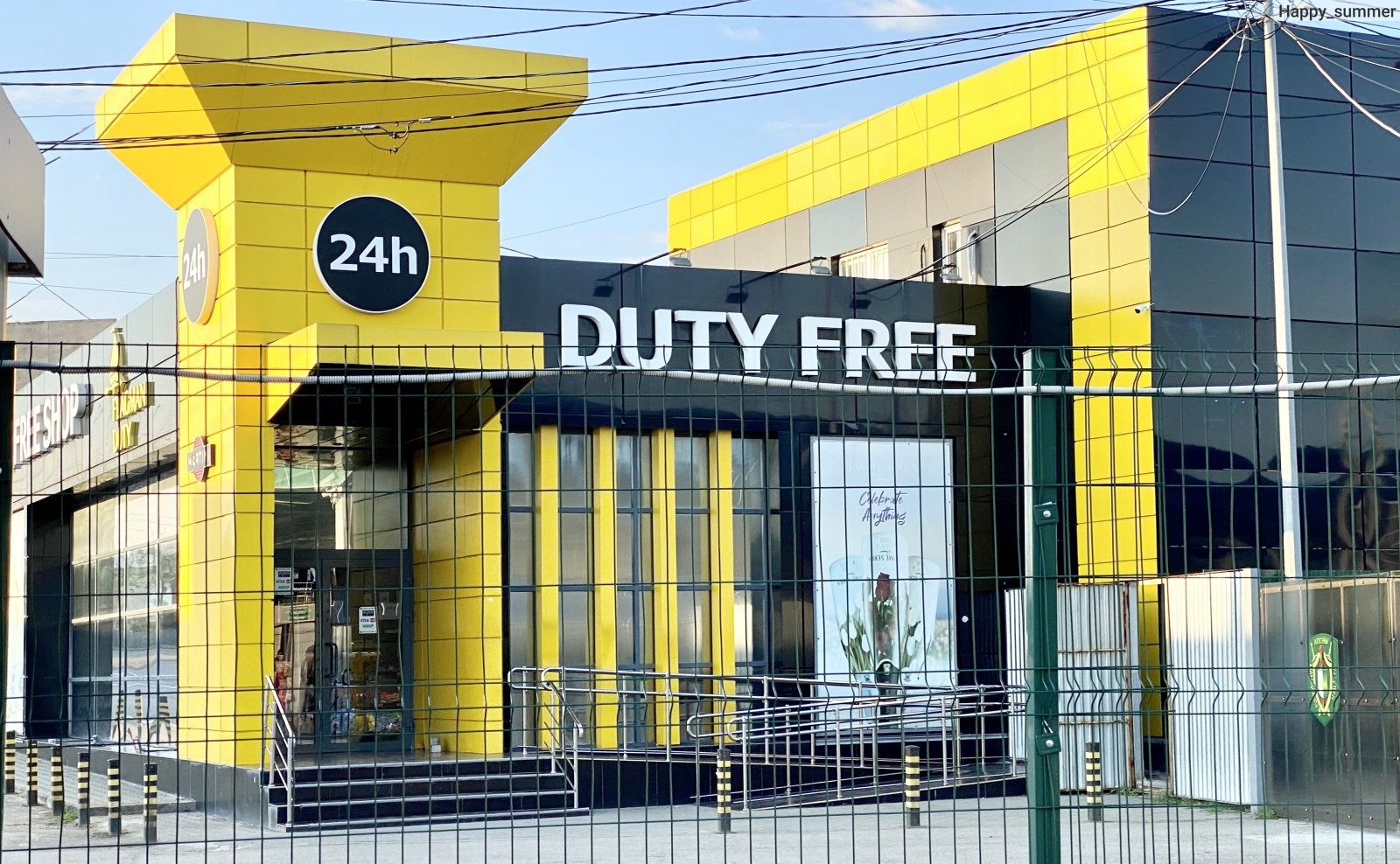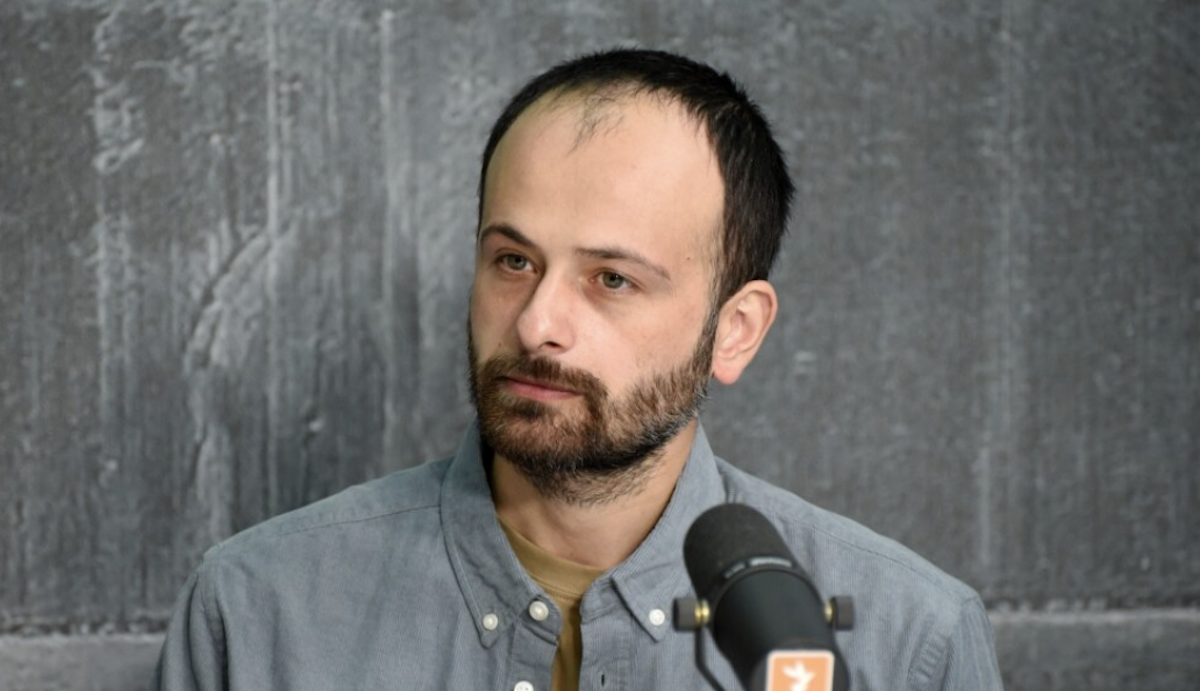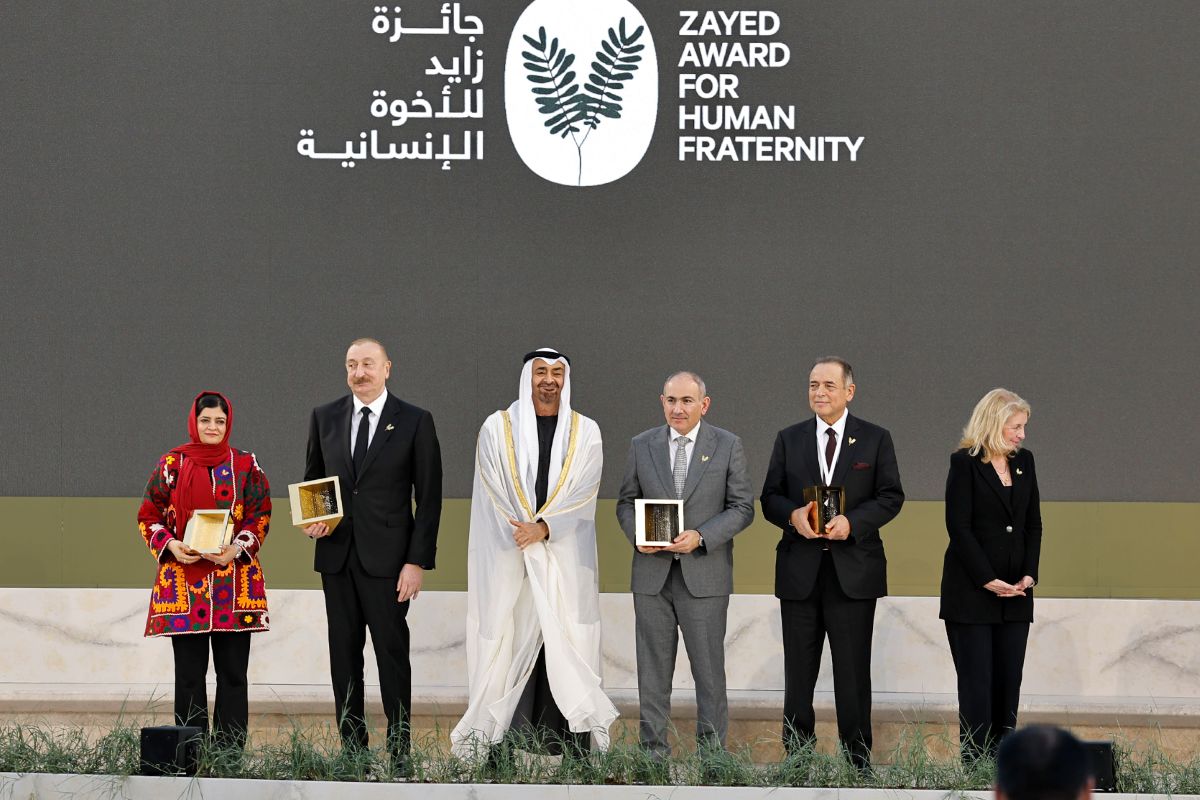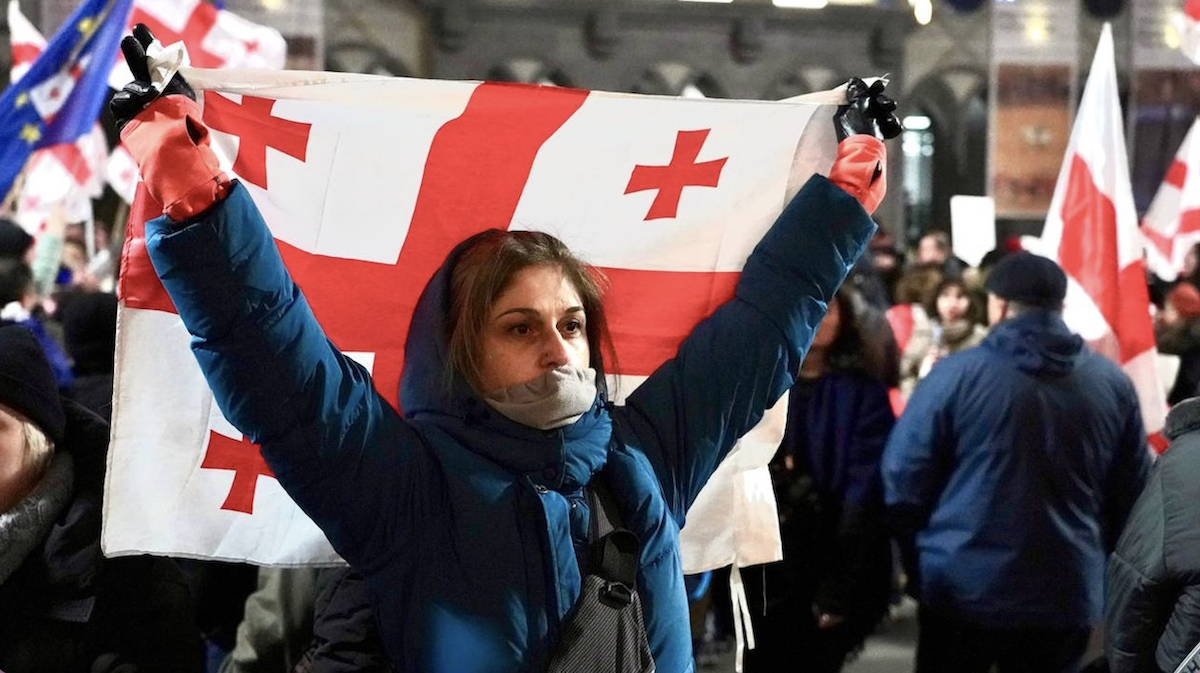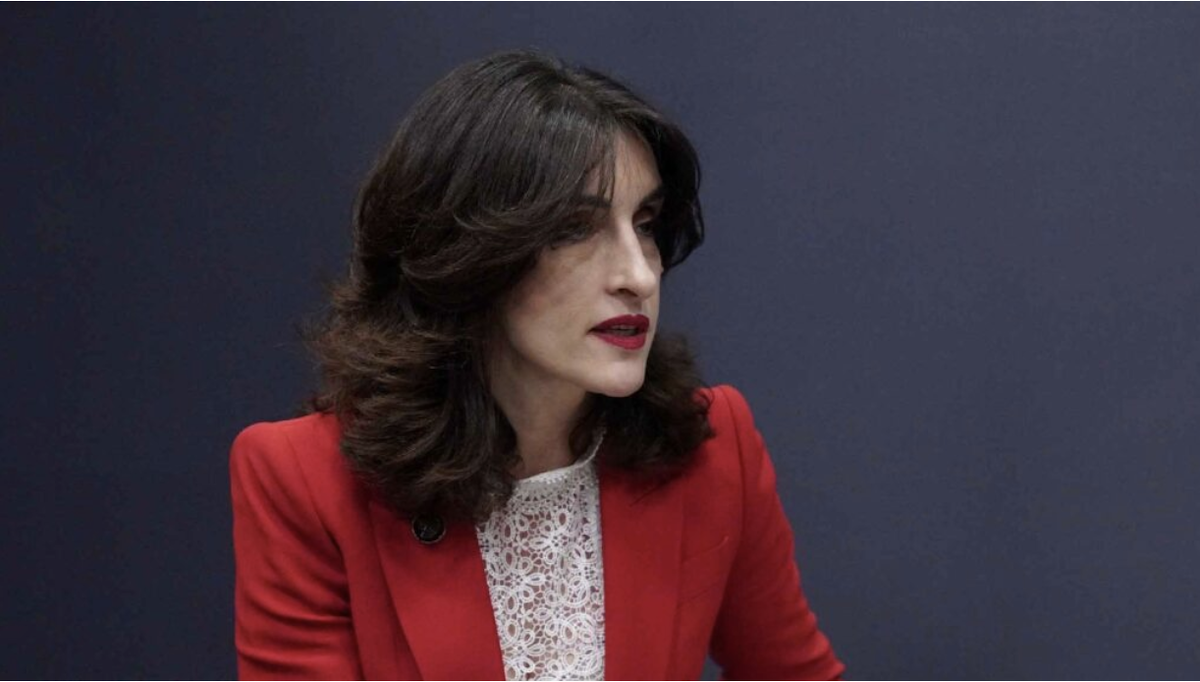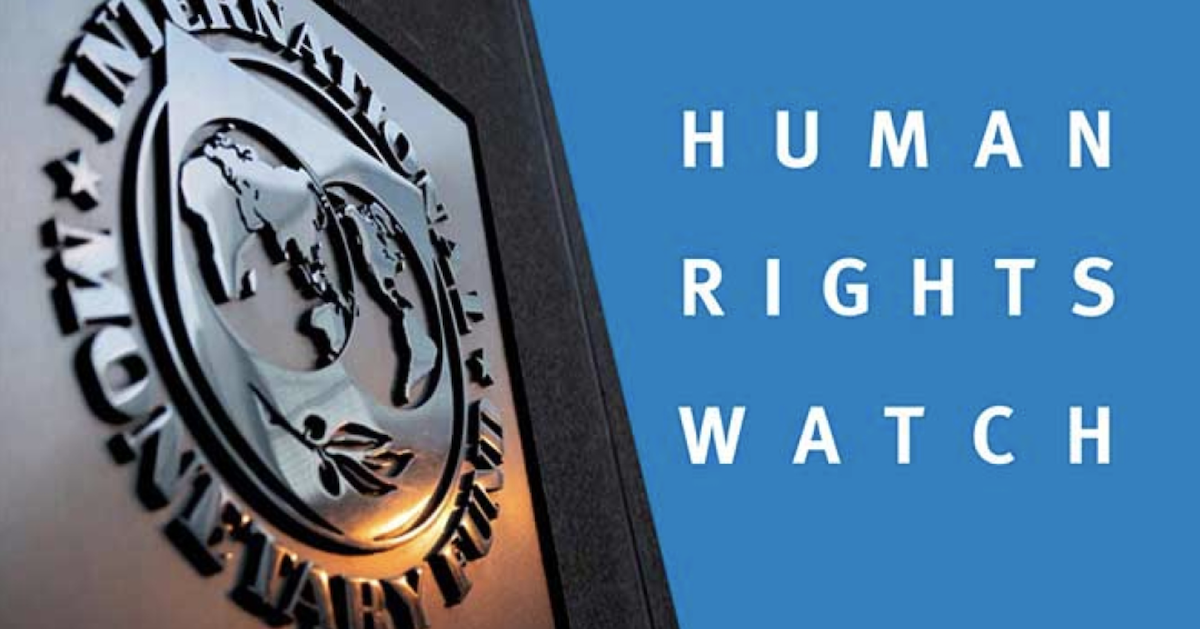"Border guards on the border with Azerbaijan: A component of security, not a guarantee" - Opinion
Border guards on Armenia-Azerbaijan border
The National Security Service (NSS) of Armenia has announced that it has taken over the security of a specific section of the northern border. Border troops, which are part of the NSS, have been deployed in areas of the Tavush region where demarcation has already been completed. The process is still ongoing in the village of Kirants. Consequently, until July 24, security for this 5.8-kilometer section will be maintained under a “transitional scheme.” The NSS did not clarify what this entails.
Political scientist Robert Gevondyan, commenting on the deployment of border guards replacing military personnel, stated that “this is a security measure, but not a guarantee.”
On April 19, Armenia and Azerbaijan agreed on the delimitation and demarcation of the border in the Tavush-Gazakh section. Nearly a month later, on May 15, the heads of the delimitation commissions, Mher Grigoryan and Shahin Mustafayev, agreed on and signed a “protocol-description of the border line segments” between specific settlements in Armenia and Azerbaijan.
The Armenian authorities claim that this is an additional security guarantee. The opposition argues that the process is being conducted under the threat of force from Azerbaijan, with Armenia making unilateral concessions. A movement opposing the delimitation and demarcation of borders, “Tavush for the Homeland,” has even emerged. However, since May 9, the leader of the movement, Archbishop Bagrat Galstanyan, announced that the main demand of its participants is now the resignation of prime minister Nikol Pashinyan.
- “Baku used the issue of returning four villages as a trump card,” says Pashinyan
- Territory in exchange for peace: Will Azerbaijan refrain from a new war?
- “The border demarcation process with Azerbaijan is an adventure.” Opinion from Yerevan
Reports on changes at the Armenia-Azerbaijan border
The press service of Armenia’s NSS has announced that as of May 24, border troops officially assume the protection of the state border along a 1.9 km stretch near the village of Berkaber, as well as 4.9 km along the settlements of Voskepar and Baghanis in the Tavush region.
The statement mentions that, following the same logic, the protection of these border areas from the Azerbaijani side will be carried out by units of the Azerbaijani State Border Service.
Information from Baku also confirms the deployment of border guards in these territories.
“As a result of delimitation work between Armenia and Azerbaijan, a border line stretching 12.7 km has been determined. Four villages in Azerbaijan’s Gazakh district — Baghanis Ayrim, Ashagy Askipara, Kheyrimly, and Gizilhajili — have been returned to Azerbaijan. Today, the territories of these villages have come under the control of the Azerbaijani State Border Service,” stated Azerbaijan’s deputy prime minister and chairman of the Border Delimitation Commission, Shahin Mustafayev.
Border guards have the right to use weapons
The primary function of border troops is to protect the state border and prevent its illegal alteration. According to the law “On Border Troops,” the composition is obliged to “repel armed invasions into the territory of the Republic of Armenia, to prevent armed and other provocations arising on the state border, to protect the population and all forms of property from the aforementioned criminal encroachments.”
According to the same law, border guards have the right to use weapons and combat equipment in the following cases when guarding the state border:
- “when repelling armed attacks and preventing armed resistance by violators of the state border;
- when repelling unarmed attacks and preventing resistance by unarmed persons if there is a clear danger to the lives of border guards or citizens and other measures to stop them are excluded;
- when violators of the state border attempt to escape into the territory of a neighboring state or penetrate into the territory of Armenia, if other means to stop them have been exhausted;
- when detained persons attempt to flee due to violation of the state border, if it is impossible to prevent their escape by other means;
- when protecting the population and all forms of property from armed attacks, armed and other provocations, if other forms of protection are ineffective.”
In all cases, except for repelling armed attacks, weapons and combat equipment are used if violators do not comply with the requirements of border guards after the command “Stop!” and a warning shot into the air.
Commentary
Political analyst Robert Gevondyan considers Armenia’s main achievement in the border delimitation process to be legitimacy, which it should use:
“Western partners and the majority of the international community believe that Armenia is acting in accordance with internationally recognized norms in this matter. And this can become a certain component of security.”
Armenia may feel slightly more secure in the part of the Tavush region where delimitation and demarcation have been carried out, says Gevondyan:
“But one cannot be completely sure. It should not be forgotten that Azerbaijan is a state from which anything can be expected. As for the continuation of the delimitation and demarcation process based on agreed principles along the entire Armenian-Azerbaijani border. Will Azerbaijani troops withdraw from the occupied territories of Armenia in Jermuk, near Lake Sevan, and other territories they have captured? It all depends on how Armenia can implement the process, aligning it with the interests of the West.”
According to the political analyst, no state in the modern world “has any guarantees, including security.”
As an example, the expert reminded that Sweden and Finland, which were not confident in their security, requested additional guarantees and received them by becoming members of NATO:
“As such, Armenia does not have 100% guarantees, but there are opportunities and directions for further work. There is international pressure on Azerbaijan, which will further intensify. And there is a likelihood that Armenia will be able to conduct border delimitation along the same logic and in other sections of the border.”
Robert Gevondyan emphasized that the Armenian government has taken responsibility for ensuring the continuity of the delimitation process and providing a higher level of security. And if this plan fails to materialize, then the entire team “will receive an adequate assessment in the upcoming elections.”
When asked if border guards could protect border villages as effectively as the Armenian Armed Forces did before the start of the delimitation and demarcation process, Robert Gevondyan replied:
“I am not confident that the armed forces would be able to protect these territories if the situation that existed before the start of the delimitation and demarcation process had been preserved.”










